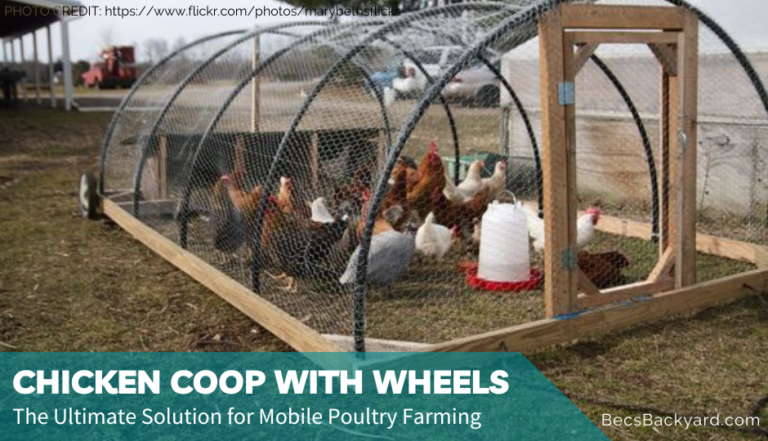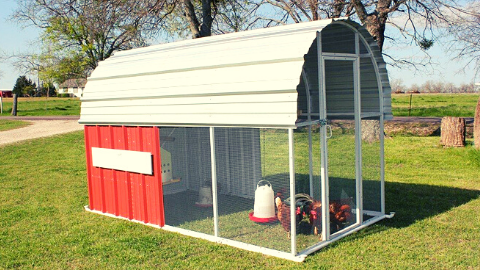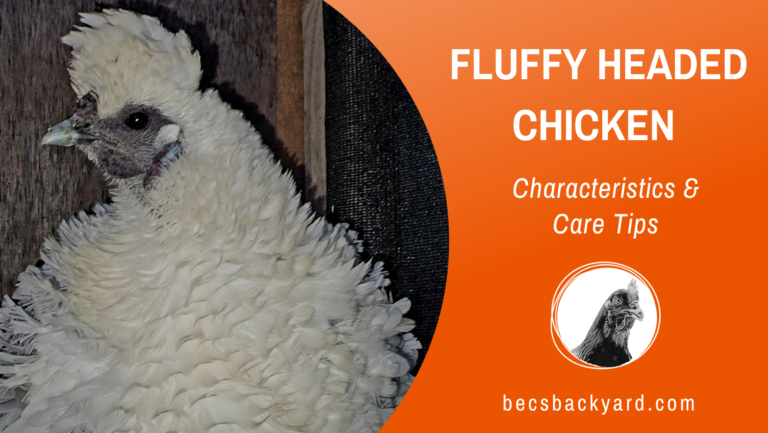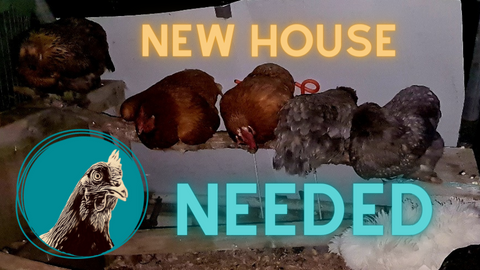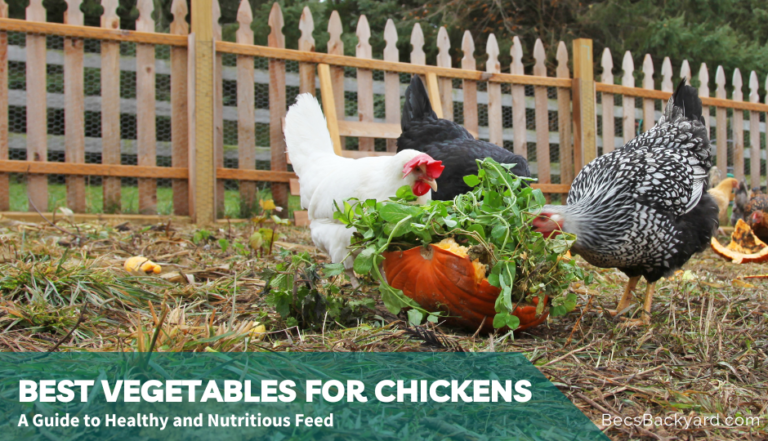Can Chickens Eat Dandelions? A Guide for Backyard Gardeners
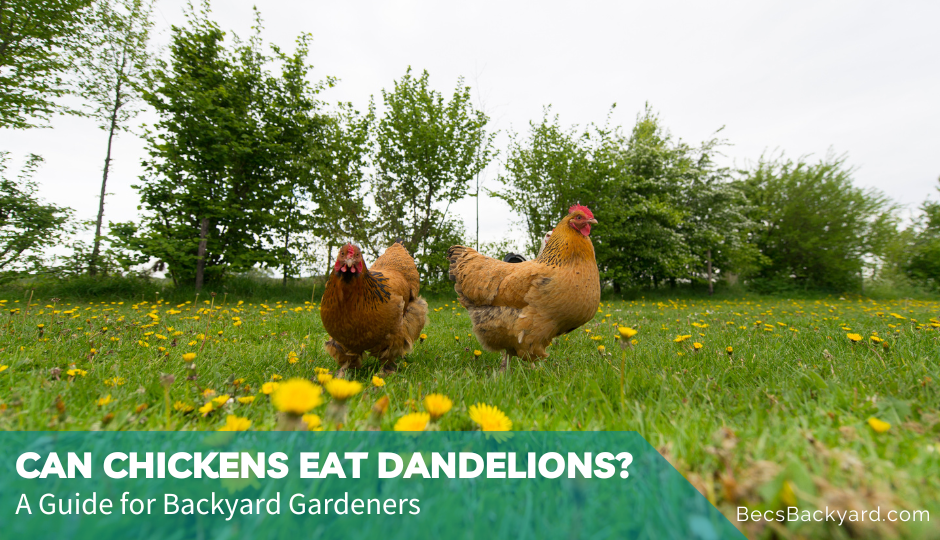
Welcome to Bec’s Backyard, where we dive into all things gardening and raising chickens. Today, we’ll explore the intriguing question: Can chickens eat dandelions? As a keen gardener and chicken enthusiast, it’s crucial to understand what our feathered friends can safely consume. So, let’s embark on a journey to discover if dandelions are a tasty treat or potential trouble for our clucky companions.

Can Chickens Eat Dandelions?
Yes, chickens can eat dandelions including the leaves, stems, roots, and flowers. Dandelions are safe, edible, and nutritious for chickens to eat, but it is important to be aware of the area where the dandelions grow. If the area has been treated with chemicals such as herbicides and pesticides, it may not be safe for chickens to consume them.
Understanding Chickens’ Natural Diet
Chickens, those curious creatures with insatiable appetites, are omnivores by nature. In the wild, they have the freedom to forage for a diverse range of food sources. To ensure their health and happiness, it’s vital to grasp their nutritional requirements. These feathered pals need a balanced diet that includes proteins, carbohydrates, vitamins, and minerals.
Proteins
Proteins are crucial for chicken growth, feather development, and egg production. Good sources of protein for chickens include:
- Insects and Worms: Chickens are natural foragers and love hunting for insects, grubs, and worms.
- Legumes: Soybeans, lentils, and peas are excellent sources of plant-based protein.
- Meat and Fish Meal: Commercial chicken feeds often include meat or fish meal, which provide concentrated protein.
Carbohydrates
Carbohydrates provide energy for chickens and aid in maintaining body temperature. Some sources of carbohydrates for chickens include:
- Grains: Common grains like corn, wheat, barley, and oats are staple carbohydrates in chicken diets.
- Fruits and Vegetables: Chickens can enjoy various fruits and vegetables, such as apples, watermelon, pumpkin, and leafy greens, which provide carbohydrates along with vitamins and minerals.
Vitamins
Vitamins play a vital role in the overall health and well-being of chickens. Here are some key vitamins required:
- Vitamin A: Found in green leafy vegetables, carrots, and yellow squash, vitamin A promotes good vision, growth, and reproductive health.
- Vitamin D: Chickens naturally synthesize vitamin D when exposed to sunlight, but supplements or foods like fish oil can provide additional vitamin D.
- Vitamin E: Wheat germ, sunflower seeds, and green vegetables are sources of vitamin E, which supports immune function and fertility.
- Vitamin K: Green leafy vegetables like kale and spinach provide vitamin K, which aids in blood clotting and bone health.
Minerals
Minerals are essential for strong bones, eggshell formation, and various bodily functions. Some important minerals for chickens include:
- Calcium: Crucial for strong bones and eggshell production, calcium sources for chickens include crushed oyster shells, limestone, and leafy greens like kale.
- Iron: Found in green vegetables, iron supports red blood cell production and prevents anemia in chickens.
- Zinc: Zinc helps with feather growth and immune system function. Chickens can get zinc from foods like pumpkin seeds, whole grains, and legumes.
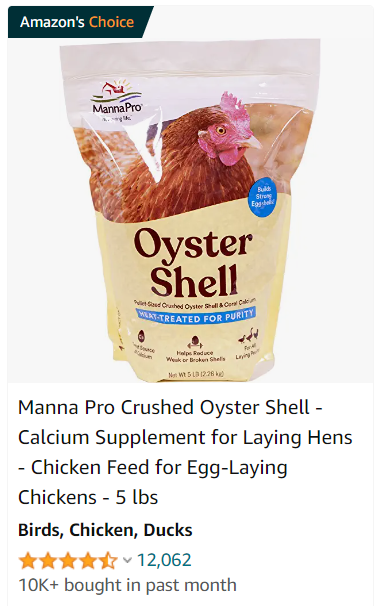
Nutritional Value of Dandelions
Now, let’s turn our attention to dandelions—the ubiquitous backyard weed that often finds its way into chicken enclosures. Surprisingly, dandelions offer a host of nutritional benefits for our feathered friends. Packed with vitamins A, C, and K, as well as minerals like calcium and iron, these bright yellow flowers are a treasure trove of goodness. Including dandelions in your chickens’ diet can contribute to their overall well-being.
Potential Benefits of Feeding Chickens Dandelions
Feeding chickens dandelions can yield a multitude of advantages. Did you know that these vibrant flowers can enhance the quality of eggs? Dandelions can boost the richness of yolk color and even enhance the nutritional content. Moreover, the presence of dandelions in their diet can promote digestive health and provide a natural immune system boost. As an added bonus, incorporating dandelions can help reduce feed costs.
Safety Precautions
Before serving dandelions to your clucky companions, there are a few safety precautions to keep in mind. It’s essential to ensure that the dandelions haven’t been treated with pesticides or herbicides. These chemicals can be harmful to chickens and, in turn, impact their health. To be on the safe side, opt for organic dandelions or those grown in areas free from chemical exposure. Remember, moderation is key—dandelions should be offered as a supplemental treat alongside a balanced diet.
Common Concerns and Misconceptions
Now, let’s address some common concerns and misconceptions surrounding chickens and dandelions. One worry often voiced is that chickens might experience crop impaction or poisoning from consuming dandelions. Rest assured, when given in moderation, dandelions pose no significant risk. It’s important to note that we’re referring to common dandelions (Taraxacum officinale) rather than similar-looking but potentially harmful plant varieties. With proper care and attention, dandelions can be a delightful addition to your chickens’ diet.
Troubleshooting Garden Issues
Introducing dandelions into your chickens’ diet may raise a few concerns regarding your garden. After all, we want our plants to thrive alongside our clucking companions. If you’re worried about chickens snacking on your beloved plants, consider protective measures. Fence off sensitive areas, or create designated foraging zones where chickens can happily indulge in dandelions without causing havoc in your prized flower beds. Striking a balance is key to a harmonious backyard ecosystem.
Other Beneficial Plants for Chickens
While dandelions steal the spotlight, it’s worth exploring other garden plants that can benefit your chickens. For instance, consider growing herbs like parsley, basil, or oregano. Not only will these herbs provide essential nutrients, but they can also improve the flavor of eggs. Additionally, leafy greens such as kale, spinach, and Swiss chard offer a nutritious boost. Experiment with different plants to create a varied and wholesome diet for your clucky companions.
Are dandelions safe for chickens to eat?
Yes, common dandelions (Taraxacum officinale) are safe for chickens to consume in moderation. However, it’s important to ensure they have not been treated with pesticides or herbicides.
Can dandelions improve the quality of eggs?
Yes, incorporating dandelions into chickens’ diets can enhance the richness of yolk color and improve the nutritional content of eggs.
How should I prepare dandelions for my chickens?
To prepare dandelions for chickens, ensure they are organic or grown in areas free from chemical exposure. Wash them thoroughly and offer them as a supplemental treat alongside the chickens’ balanced diet
Can chickens eat all parts of the dandelion plant?
Chickens can consume various parts of the dandelion plant, including the leaves, flowers, and stems. However, it’s important to avoid giving them large quantities to prevent potential digestive issues.
Will chickens eat all my dandelions and destroy my garden?
While chickens may enjoy foraging for dandelions, there are ways to mitigate potential garden issues. Consider protecting sensitive plants by fencing them off or designating specific areas where chickens can safely indulge in dandelions without causing damage to the rest of your garden.
The Final Flap
The answer to our initial question ‘can chickens eat dandelions’ is a resounding “yes!” Chickens can indeed eat dandelions. These bright flowers provide numerous nutritional benefits, enhancing the quality of eggs and supporting overall chicken health. By following safety precautions and offering dandelions in moderation, you can enrich your chickens’ diet and reduce feed costs.
Remember, a well-balanced diet should consist of a variety of foods, including dandelions and other beneficial plants. Take the time to observe your chickens’ response and adjust their diet accordingly. With a little wit and a lot of green goodness, your chickens will thrive, and your garden will flourish—creating a backyard haven for both humans and feathered friends.
Happy gardening and clucking, Bec

